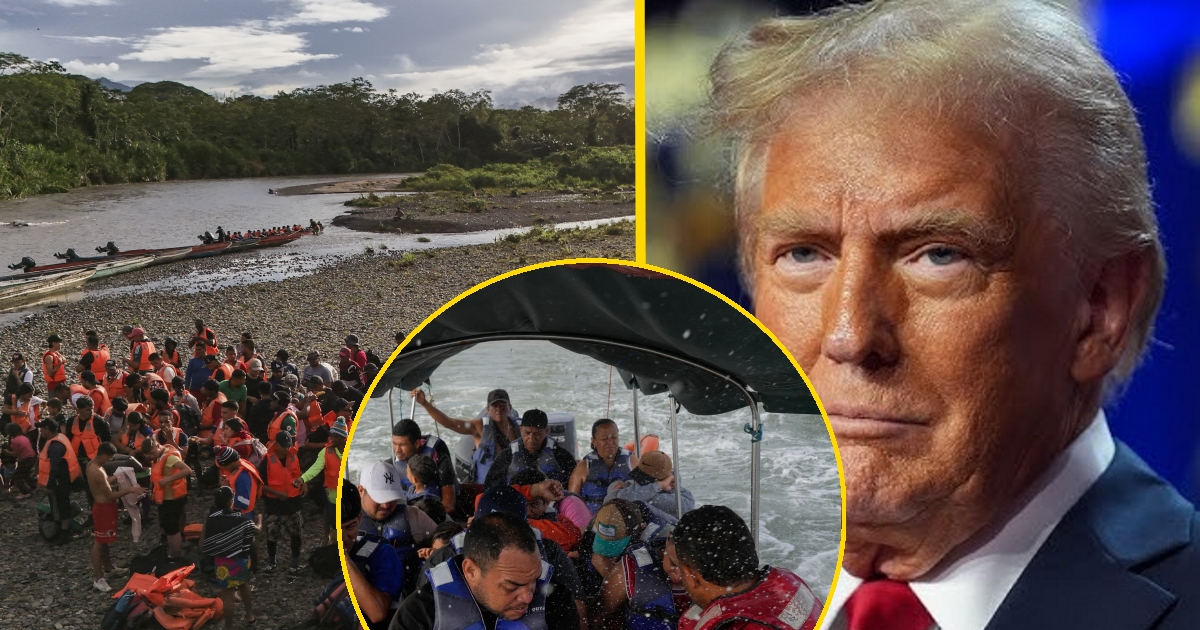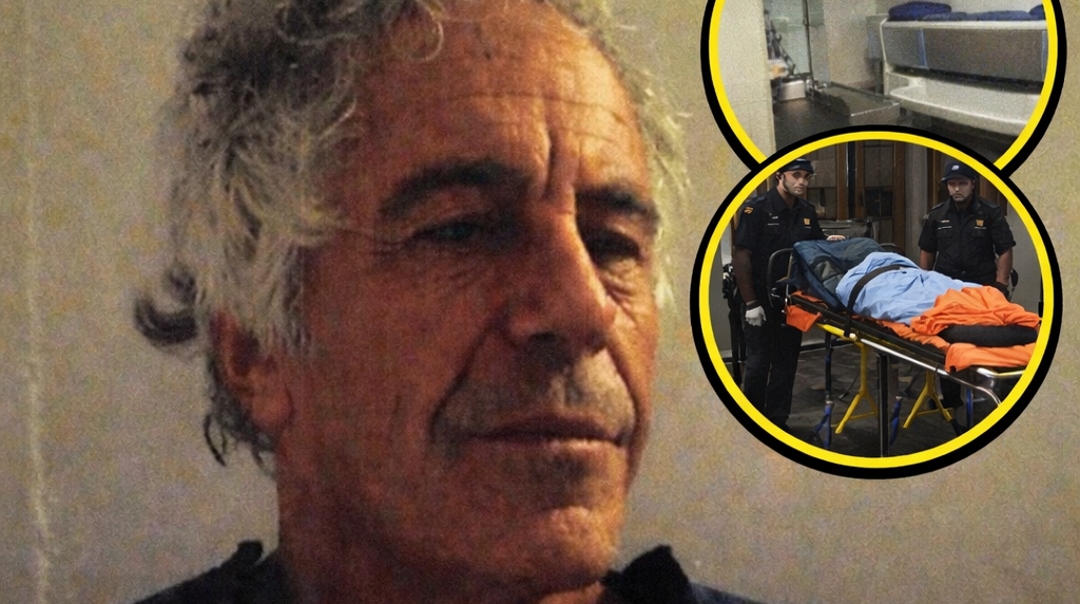The long trails of exhausted men, women, and children who once pushed north through jungles and rivers now flow backward. According to new data released by the United Nations, more than 14,000 Venezuelan migrants have abandoned their trek toward the United States and turned south, forced by sweeping border changes enacted under President Donald Trump. What was once a march of desperation toward the hope of asylum has become a retreat of shattered dreams, leaving thousands stranded in hostile terrain without money, safety, or any real destination.
Details published by the Los Angeles Times show that migration through the Darién Gap has collapsed by nearly 97% compared with the year before. Human rights observers describe an eerie silence on trails once choked with families. Instead of pressing north, migrants are now pooling their meager resources to pay boatmen $260 to $280 for passage back to Colombia. The journeys are often dangerous, funnelling the most vulnerable into regions controlled by armed gangs who prey on the returnees.

According to AP reports, the collapse in northbound crossings began immediately after Trump dismantled the asylum app and reinstated hard limits on legal entry. The decision effectively slammed shut the final door for Venezuelans already risking death in the jungle. Without a legal pathway, thousands who had already reached Central America found themselves stranded and targeted by police sweeps. For many, the only option left was to go back the way they came.
“We thought the border was a finish line. Now it’s just a wall of fear.”— @MigrationCrisis
The reversal has left shelters in Panama and Costa Rica overflowing. Aid workers interviewed by Reuters described lines of people begging for bus fares or safe routes back. Many are malnourished and sick, carrying infants on their backs after months of walking. “They left with nothing and are returning with less,” one volunteer said. “Their hope has been drained twice—once by their own country, and again by America.”
For Colombia, the influx is staggering. The U.N. estimates that more than 8 million Venezuelans fled in the last decade, most settling in nearby nations. But as BBC coverage explains, the sudden reverse flow brings migrants into border towns where jobs, housing, and humanitarian funding are already maxed out. Officials warn that without new aid, communities could face unrest as returning migrants compete with locals for survival.
In the words of U.N. human rights representative Scott Campbell, quoted by Yahoo News, the returnees face “serious risks of violence and exploitation.” Criminal groups dominate the ports where migrants disembark, and stories of extortion and assault are spreading quickly. Families arriving in Necoclí describe being robbed of their last belongings, left to sleep on docks with hungry children and no safe passage forward or back.

“This is not migration anymore. It’s forced abandonment.”— @HumanRightsNow
The ripple effects stretch far beyond individual tragedies. As The Guardian observed, governments in South America now face a second refugee crisis layered atop the first. Nations like Peru and Ecuador, already struggling to support migrants who never left, must now absorb those returning in despair. International funding, meanwhile, has dwindled, leaving NGOs scrambling for donations as political fatigue sets in abroad.
For Trump, the policy is being hailed by supporters as proof of his ability to “seal the border.” According to coverage, White House officials view the 14,000 reversals as evidence that deterrence works. But human rights groups warn that deterrence achieved through starvation and hopelessness is indistinguishable from cruelty. “It is not policy success,” one advocate said. “It is human collapse.”
In migrant communities, the betrayal is deeply personal. Interviews gathered by The New York Times highlight stories of families selling everything to reach the U.S. only to be turned back by political games. One woman who had carried her daughter across three countries now sits in Bogotá, penniless and unable to return home. “I told her we were going to a place where she could eat,” she said. “Now she asks why we’re back here hungry.”
“The policy didn’t just stop migration. It shattered lives mid-journey.”— @RefugeeWatch
Observers note that the exodus in reverse also undercuts U.S. credibility. As policy experts explain, allies in Latin America feel abandoned after being told for years that the U.S. would help shoulder the burden of Venezuela’s collapse. With Washington pulling back while demanding that neighbors do more, resentment is growing. Diplomats warn that the fallout may damage regional cooperation on everything from trade to counter-narcotics.
Inside the U.S., critics argue that Trump’s policies exploit suffering for political gain. As Politico reporting shows, the administration boasts about falling numbers without acknowledging the humanitarian cost. Democrats accuse the White House of engineering a “reverse caravan” to display toughness at the expense of basic decency. The result is a policy that reduces human beings to statistics while ignoring the reality of their broken lives.
For the migrants themselves, survival now defines everything. Many find themselves sleeping in bus stations, hoping for a miracle job or a ticket back to Venezuela. Yet home is no refuge: the same shortages and repression that drove them out remain unresolved. “We cannot go forward, and we cannot go back,” one man told TIME. “We are stuck in the middle of nowhere.”
The image is devastating: families trudging southward with fewer belongings than when they left, children crying from hunger, and parents consumed by the shame of dreams undone. Trump’s border changes may have halted migration north, but they also created an exodus in reverse—tens of thousands of lives pushed back into chaos, carrying scars that will not fade. For those caught in this cruel cycle, hope has become a distant memory, replaced by fear and the long road back to nothing.







